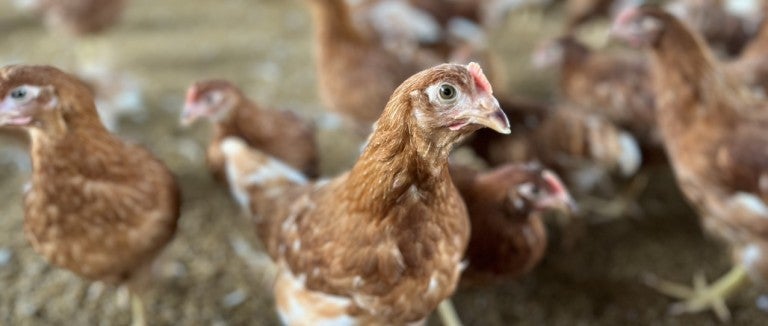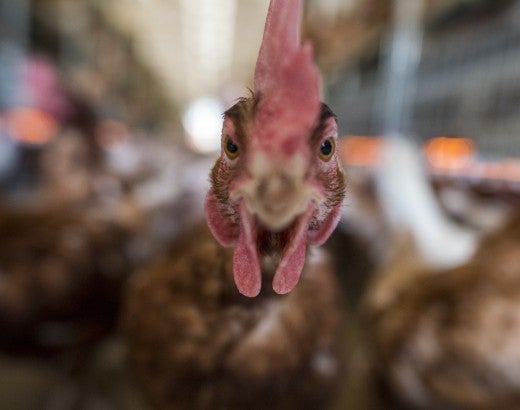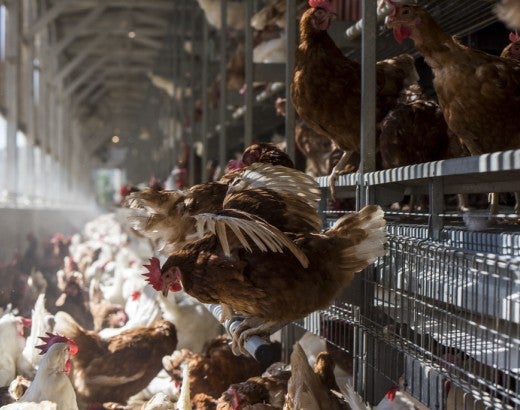McDonald’s meeting this cage-free goal for its egg supply is a testament to something we’ve known for a long time: Making meaningful change for animals on a massive scale requires not only steadfast determination but engagement and collaboration with some of the most powerful corporations on the planet. It is also a signal to other corporations that such a massive shift is possible.
And it’s what people want. As McDonald’s shared back in 2015, “Our customers are increasingly interested in knowing more about their food and where it comes from...Our decision to source only cage-free eggs reinforces the focus we place on food quality and our menu to meet and exceed our customers’ expectations.”
There’s no reason such a shift can’t be scaled up to the global level. So, we’re also encouraging McDonald’s to make a global commitment for cage-free eggs and gestation-crate-free pork. And there are signs of progress: Last year, McDonald’s operator Arcos Dorados announced that it completed its cage-free transition in Brazil, a year earlier than planned.
Just as we celebrate this win for animals, our Farm Animal Protection team is working with other food chains and food service companies to develop, articulate and follow through on animal welfare promises. The following companies have reported annual progress and are on-track to reach their cage-free egg sourcing goals by 2025: Aramark, Carnival Cruise Line, Conagra, Denny’s, Dine Brands, General Mills, Jack in the Box, Norwegian Cruise Line and Royal Caribbean Group.
Our team also works to secure pledges from food service companies to replace meat-based meals with plant-based options. Here are some highlights of what we’ve achieved so far in 2024:
- The University of Texas at Austin reached its 50% plant-based menu goal, making it the first university in 2024 to reach its pledged goal.
- Smith College pledged to make 55% of its meals plant-based by 2025. We just hosted the first in-person culinary training of the year there, with an emphasis on transforming breakfast menus throughout the college.
- Boston College pledged to make 50% of its meals plant-based by 2027.
- UCLA pledged to make 50% of its meals plant-based by 2027.
- Brookline School District in Massachusetts pledged to make 50% of its meals plant-based by 2027.
- Kent State University doubled its existing pledge to 30% plant-based meals by 2027.
Farmed animals suffer some of the worst abuses on the planet, and so envisioning a more humane world for them means working on their welfare from all sides, improving the conditions in which individual animals live their lives by working with corporations and helping ensure the passage of humane laws, as well as working to decrease the use of these animals at all. I stand in awe of the persistence of our teams in working toward these goals, and I congratulate McDonald’s for following through on its promise to improve animal welfare in its supply chains.
You can help end the caging of farm animals by supporting cage-free legislation. If you live in Maryland voice your support for an important bill against cage confinement. If you have friends or family in Maryland, do please share this important initiative with them.
Follow Kitty Block @HSUSKittyBlock.


